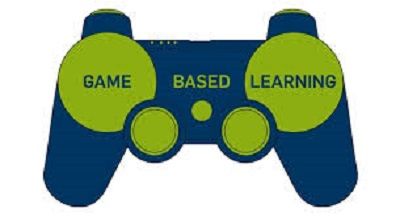Video Game-Based Learning
Video Game-Based Learning (GBL) refers to the use of video games as educational tools to facilitate learning and skill development. Instead of traditional teaching methods, GBL leverages the engaging and interactive nature of video games to deliver educational content and achieve specific learning objectives. This approach has gained popularity in both formal and informal educational settings, ranging from classrooms to corporate training programs.
Benefits of Video Game-Based Learning
Engagement and Motivation:
- Video games are known for their immersive and interactive nature, capturing the attention and interest of learners. This engagement can lead to increased motivation to participate in the learning process.
Active Learning:
- GBL encourages active participation and problem-solving. Players are often required to make decisions, solve challenges, and strategize, promoting critical thinking and decision-making skills.
Skill Development:
- Video games can target a wide range of skills, including cognitive, motor, and social skills. Educational games are designed to enhance specific skills. Such as problem-solving, teamwork, communication, and creativity.
Adaptability and Personalization:
- Many educational games can adapt to the learner’s pace and performance, providing personalized learning experiences. This adaptability ensures that learners progress at their speed and receive challenges that match their current skill level.
Immediate Feedback:
- Games often provide immediate feedback on performance, allowing learners to understand their mistakes and learn from them in real time. This instant feedback can enhance the learning process and promote a deeper understanding of the material.
Simulation of Real-World Scenarios:
- Serious games and simulations can recreate real-world scenarios, allowing learners to apply theoretical knowledge to practical situations. This can be particularly valuable in fields such as healthcare, business, and the military.
Collaboration and Social Interaction:
- Multiplayer and collaborative features in certain games encourage teamwork and social interaction. Learners can work together to achieve common goals, fostering a sense of community and collaboration.
Retention and Recall:
- The immersive and interactive nature of video games can contribute to better retention of information. Learning through experiences and active participation can enhance the ability to recall and apply knowledge.
Accessibility and Flexibility:
- GBL can be accessed on various platforms, making it flexible for different learning environments. Additionally, it allows learners to practice and reinforce concepts outside of traditional classroom settings.
Intrinsic Motivation:
- The challenge and reward systems in games tap into intrinsic motivation, making learners more likely to voluntarily engage in learning activities.
Summary
While video game-based learning has numerous benefits. It’s essential to carefully design and integrate these games into educational settings to ensure alignment with learning objectives and age-appropriate content. Additionally, considerations regarding screen time and balancing digital. Non-digital learning experiences are important for a well-rounded education.
